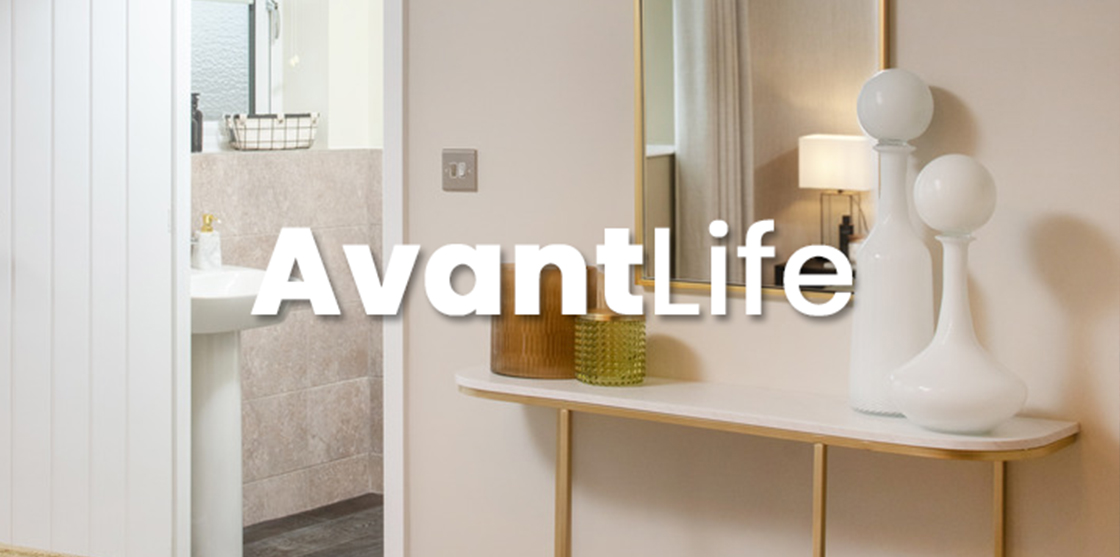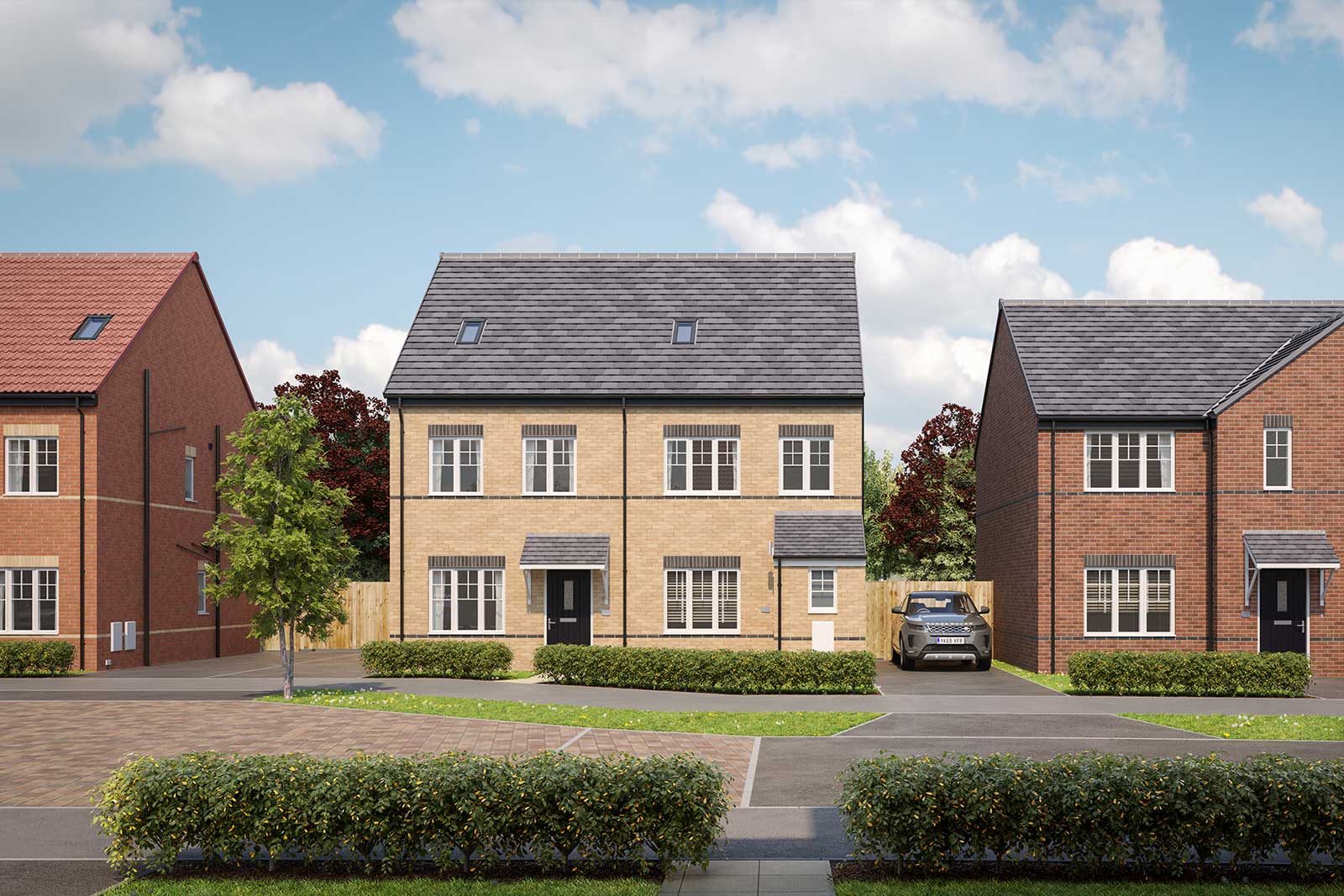Welcome to our blog Avant Life. We’re committed to making owning an affordable home possible for everyone, so we’ve created tonnes of useful blogs giving you hints and tips to make buying and living in an Avant home even easier.
With blogs on an array of topics, from decorating on a budget, to the benefits of speaking to a mortgage advisor you’re sure to learn a thing or two from Avant Life.
Explore our different categories, and immerse yourself in interior inspiration, finance advice, and much more!


















